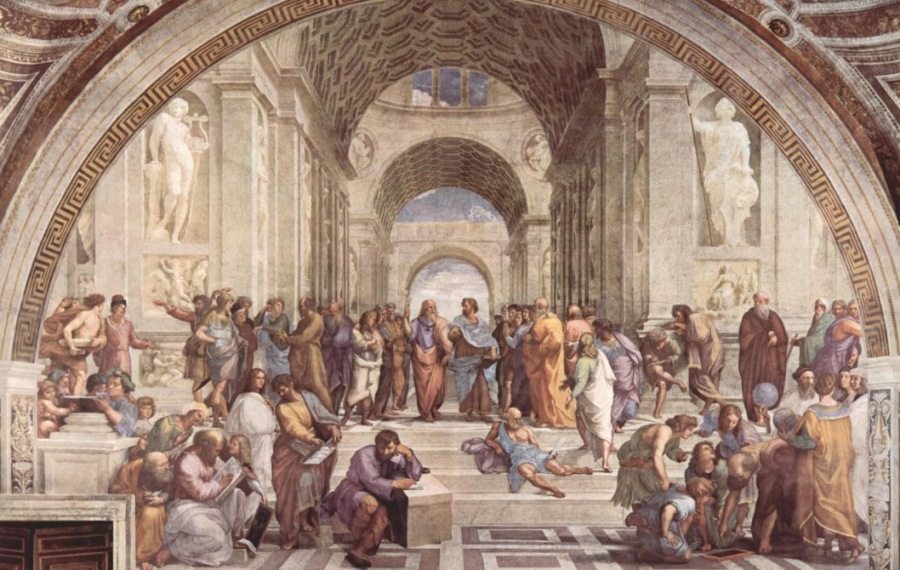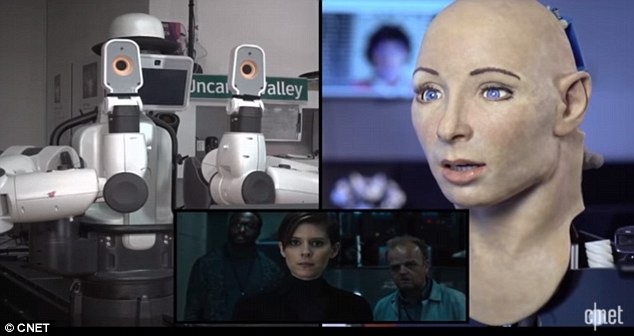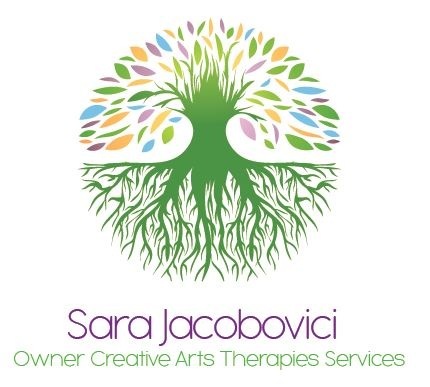Continuing to try to make sense...

Does it make sense that humans are formed and developed within a sensory environment?
Does it make sense that we form meaning based on our sensory experiences?
Does it make sense that everything we then think about, reason or rationalize, is all influenced by our senses?
I will go out on the proverbial limb here and say; reason, logic, thought, verbal communication, are all translations of our senses. Not one concept, discovery, or formula is without sense. If something is experienced as “none-sense”, it means that there is no sensory support to the idea being expressed.
Ali Anani starts his buzz, Common Sense that has no sense, with the following quote and challenges us to make sense of this quote, to think about it. "The pendulum of the mind alternates between sense and nonsense, not between right and wrong". - Carl Jung
The fact that, in these few words, many interpretations and emotions have been stimulated, as reflected by the comments of the readers, means that this quote is in perpetual motion; and so are we. We are moved, emotionally, physically, spiritually by our senses. When we imagine; an ability to recreate sensory impressions without external stimuli, brain areas related to the actions imagined are activated in the same way as they would when we are physically engaged. This is who we are; sensory beings.
Senses are not the primitive side of our higher more sophisticated cognitive functions. We don’t develop as human beings from a sensory system to a cognitive one. Sense takes place all the time. And it is a very sophisticated system which we still are trying to understand how it works. We have the cognitive capacity to create devices that do things outside of our physical or sensory limitations. The best examples is our ability to fly, breathe underwater and measure frequencies we can’t even hear. We have the capacity to look at nature and mimic its means of engaging with the environment. One example being echo location derived from how bats “see” in the dark.
Although we understand that we have a “blind side” and that we can’t hear or see everything along the spectrums, we do our sensory system a disservice by treating these as deficiencies. We are set up this way in order to have a perspective of our world and how we engage in it through what we can and can’t do. First, how we adapt is meaningful to how we relate. Also, when we have identified our blind spot, knowing what we can’t see is just as important as knowing what we can see.
Image credit: Ancient Origins

Dr. Ali asks: "For one thousand year Aristotle led us to believe that the earth is composed of four materials: water, air, earth and fire. Where is the logic in accepting misleading theories or concepts for such long times? Had we used our senses would have realized the wrongness of this theory."
From my perspective, what leads a group to follow a charismatic teacher is not so much their senses, but their emotions. Those who question the teacher, engage their senses in order to learn.
We process our sensory experience through emotion or reason. But as Ian Weinberg says in a comment on Dr. Ali’s buzz:
"My value contribution would reflect my subjective space. I invoke the concept of the left and right cerebral hemispheres where the right hemisphere is the seat of big picture sensitivity, subtlety, creativity and emotional connectivity. The left hemisphere is the place of linear logic and strategy, incorporating speech, calculation and 'logical' working memory. From a neuropsychological perspective it appears that the right hemisphere intuits and requests the left hemisphere to flesh-out the 'Word Document' and thus bring into reality the abstract, intuitive seed. And so we work with a whole and connected brain, equipped with multiple connections for integration." (Emphasis mine.)
Image credit: Daily Mail

Discussion of the brain returns me full circle to the beginning of my discussion: “The uterus is undisputedly the ultimate environment for the development and nurturing of a fetus. The sensory systems develop throughout pregnancy and affect the brain’s development.”
That is why we refer to technological devices as “Artificial Intelligence”. And with those, the only sense they make are directly dependent on their human input.
"""Articles from Sara Jacobovici
View blog
Image credit: steveoatesblog - WordPress.com · With Q&A@beBee, I ask some of the most interesting pe ...

I am sure you can relate to my experiences of being drawn into dynamic posts and discussions. It is ...

ONE HUNDRED DAY COUNTDOWN · New beginnings take place constantly. When you thread them together, you ...
You may be interested in these jobs
-

Хлебозавод Израиль
Found in: beBee S2 IL - 5 days ago
Job_in_Izrael Нетания, Israel FreelanceНа хлебозавод в Израиль требуются рабочие,мужчины и женщины,смена 8-10 часов,35 шекелей в час.Бесплатная столовая,развозка в вечернюю смену.Хороший дружный коллектив. · Viber · WhatsApp · ...
-

Senior Software Architect
Found in: beBee S2 IL - 3 days ago
Applied Materials Rehovot, Israel Paid WorkWe are looking for a highly motivated, talented Software Architecture that specialized in large & complex HW\SW integrated systems to join our next generation system development team. · What's in it for you? · Be a key player in the design one of the most sophisticated, complex s ...
-

Senior Mobile Engineer
Found in: beBee S2 IL - 2 days ago
Lightricks Jerusalem, Israel Full timeWho we are · Lightricks is a pioneer in innovative technology that bridges the gap between imagination and creation. As an AI-first company, with a mission to build an innovative photo and video creation platform, we aim to enable content creators and brands to produce engaging, ...
Comments
Sara Jacobovici
7 years ago #10
With pleasure and gratitude, Ali Anani.
Sara Jacobovici
7 years ago #9
Your modest to a fault Pascal Derrien. You didn't need the part in parenthesis. I think it's appropriate to end with "accumulated wisdom" as your comment reflects this. I agree with you what you write. I'm just glad you wrote it in your own words.
Sara Jacobovici
7 years ago #8
For a "little brain" you ask big questions Pascal Derrien. Would love to hear how you would answer that question.
Sara Jacobovici
7 years ago #7
Thanks for a very thoughtful and thought provoking comment Harvey Lloyd. Looking forward to rereading it. Please see the following link. I shared your comment on my stand alone comment series. https://www.bebee.com/producer/@sara-jacobovici/a-stand-alone-comment-66915
Sara Jacobovici
7 years ago #6
Thank you \ud83d\udc1d Fatima Williams for your openness. I find your outlook energetic and enlivening.
Sara Jacobovici
7 years ago #5
Just finished reading and commenting Ali Anani. A must read for everyone! https://www.bebee.com/producer/@ali-anani/pockets-of-creative-thoughts#c3
Sara Jacobovici
7 years ago #4
Ali Anani, I always await to see where you will go with any idea I present and am excited to hear about your upcoming work. No doubt that senses and emotions interact and do not work in isolation. What is always fascinating is the how; and so I am impatient to read your perspective.
Sara Jacobovici
7 years ago #3
Thank you Ian Weinberg. Your confirmation is much appreciated.
Sara Jacobovici
7 years ago #2
Thanks for "thinking out loud" Gert Scholtz. "Remembering" the somatic piece is so important. Thank you for that and for your link.
Sara Jacobovici
7 years ago #1
What a powerful example of the "nonsense" we go through merely to breathe! Thank you debasish majumder for your contribution.